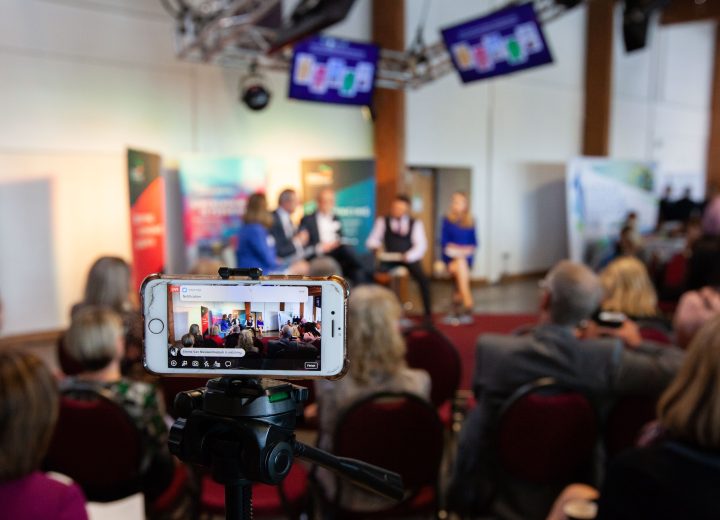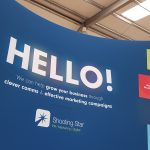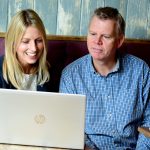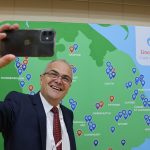Event Marketing: How to Boost Ticket Sales
To sell as many tickets as possible is always the priority for an event, online or not. To do this you have to adapt your marketing strategy to how the target audience receives information and what they are willing to invest in your event.
Pricing
Getting your ticket price right is the first step towards attracting people to attend your event, so think about how much value your event holds for the target audience. Set the price too high, and no-one will purchase tickets. Set it too low, and you may find that you cannot cover costs.
You can start by finding a minimum breakeven point and work from there:
Minimum ticket price = Total event costs / expected number of attendees
But your actual ticket price will depend not only on how much profit you’d like to make, but also on how worthwhile your event is for the target audience. Are there other similar events that are priced lower or higher? Does your event have something unique, for example, a guest speaker or special venue? It’s the answer to these questions that will increase or decrease your ticket price.
Staggering ticket sales
Usually there are two peaks of ticket sales for an event: the first ticket release and the last two weeks in the run-up to the event. There is an opportunity to increase the number of peaks in ticket sales in the period between the first release and the event date; these ‘mini-peaks’ can ensure a consistent sale of tickets throughout the run-up to the event.
Ways to create ‘mini-peaks’ include staggering ticket sales for different packages available on the day. For example, early access tickets for previous attendees or marketing list subscribers will create a peak before the event even goes live.
Early bird tickets, discounted for people who buy within a short time of your event going live, are another way of gaining a peak in sales. Staggering the release of tickets can also create a sense of FOMO (fear of missing out) and urgency to purchase tickets while they are still in stock, allowing your event to maintain momentum and stay relevant in the minds of your target customers.
On your event page
Having a strong event page will increase the chances of customers clicking that sign-up button. Offering an all-encompassing view of the event without giving away too much information is a way of enticing people to attend. Here are a few ideas to liven up any event page:
- Feature video content
Interactive features, like videos, are effective when added to an event landing page. Catching the eye and giving simple visual information will engage the customer to learn more about the event. Whether it’s an interview from the host, or an explanation of packages available for the event, featuring video content on your landing page could increase sales.
- Highlight guest speakers
One of the best ways to increase attendance at your event is to schedule industry experts as speakers. Having engaging speakers who are knowledgeable about the event topic will only reinforce trust and credibility in the event.
Creating content about your speakers and their topics will only help boost ticket sales. Using talking head videos or blogs from the speakers at the event is a great way of highlighting their experience and expertise, encouraging more professionals to attend your event.
- Share testimonials from last year’s event
Reading positive testimonials online will influence a customer’s decision to purchase a ticket to an event. It not only builds credibility, but also shows that your event was worthwhile. Didn’t have an event last year? Not a problem! Reviews from other events that you have hosted or organised will also show that you are able to create an event that has helped others.
Using your strongest channel
Engaging customers isn’t about reinventing the wheel, it’s about using what tools and channels you have, to develop a campaign that will reach potential visitors. Use your strongest channel of communication and experiment with different ideas to see what works best for you.
- Social media
Experimentation is key when it comes to social media, from the times when you deliver content to the amount you post and watching for opportunities or trends you find in your scheduling to boost content. For example, you may find that Twitter posts have a higher engagement rate between 10am and 12 noon; use this information to post your best content to Twitter at that time.
Experiment with ads for your event. Changing the number of ads running is much the same as social content, so if you find a certain time or frequency that works for your audience use this information to your benefit.
On the other hand, if you aren’t currently running ads, then this could be something you should consider. Google accounts for the vast majority of online searches, and Google ads or PPC (pay per click) ads are a great place to start if you’re new to paid advertising. Be at the top of someone’s search list and increase your chance to sell tickets online.
- Email marketing
Email marketing is a great way of contacting people who are interested in your organisation, and it’s often the people who subscribe to mailing lists who are the first ones to sign up to events. But don’t just send the same email repeatedly; mix up the content, add some videos, change the layout and make an impact every time you pop up in a subscriber’s inbox.
The subject line for your emails can dramatically impact the click-through rate of your emails. As it’s the first thing a customer sees, you must be able to entice them to find out more. Keeping it brief and impactful means that they are more likely to open it – which improves the chances of them making a purchase.
Call to action (CTA) buttons like ‘Buy Now’ or ‘Sign Up Today’ can affect a customer’s decision when looking for an event. Change this up often and see what works best for your audience.
Encourage feedback from your audience, as this helps to ensure that the target audience are enjoying the changes you are making. Watch the data from your email campaigns to help measure successes: open rate and click-through rate (CTR) will be key to your goals.
There are always good tools to work with for event marketing, but never be ashamed of taking some hints and tips from other sources, such as HubSpot. It’s all about learning what’s best for your event.
If you need any help promoting an event, you can contact Shooting Star on 01522 538540 or email hello@weareshootingstar.co.uk
AH










